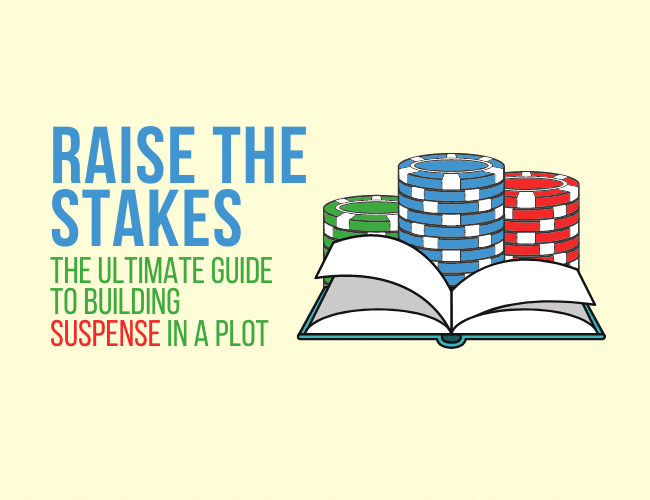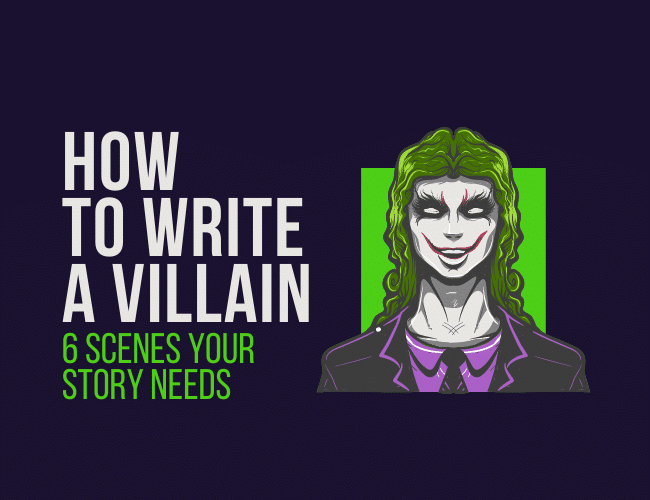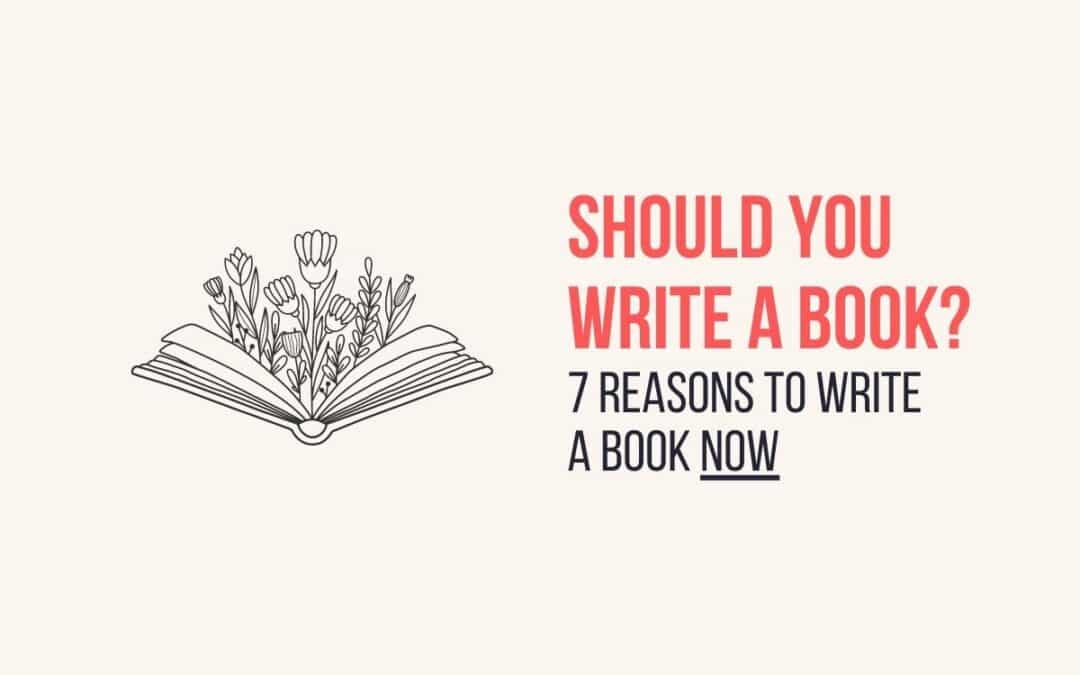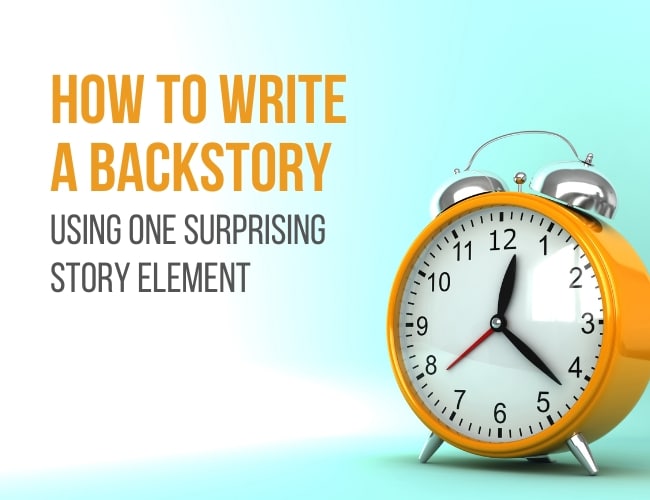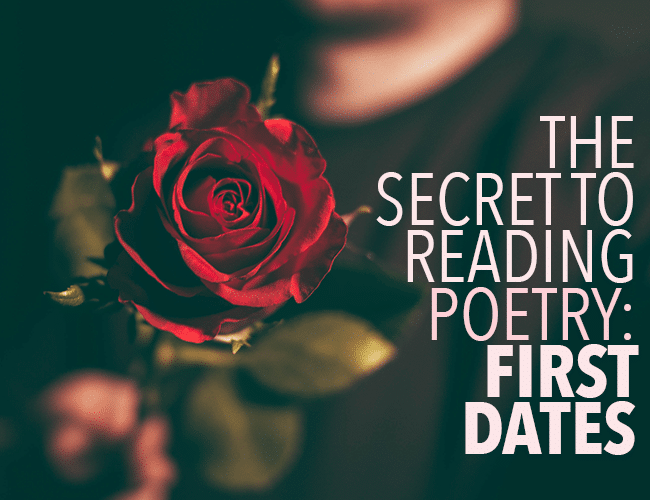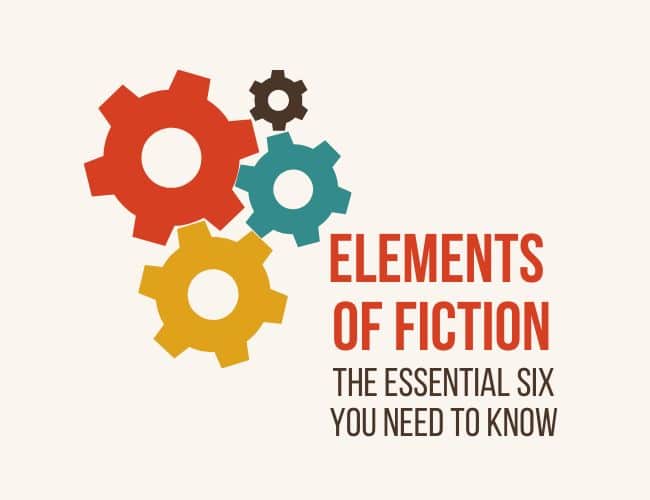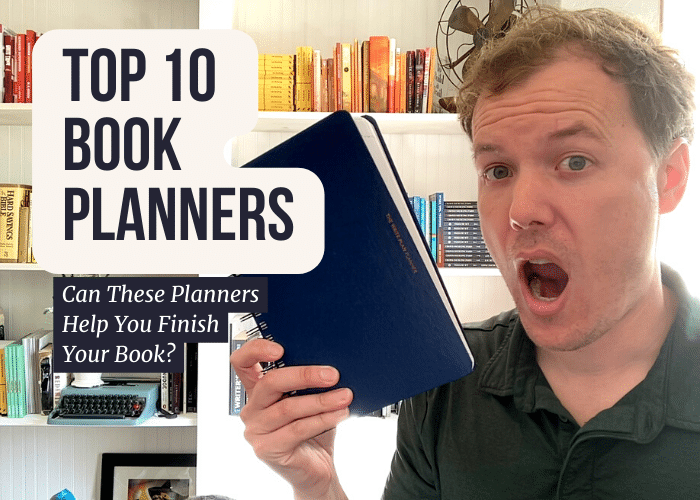As a writer, you know building a foundation for your story, like a hook and sympathetic character, will allow you to grab readers right out of the starting gate. But once you’ve done this, do you know how to raise the stakes?
While a high stakes beginning grabs readers, it will only excite you and your reader for a few scenes. Without elevating stakes, your reader’s excitement about the plot will wear off if nothing bigger happens. Any interest in your story as a whole will flatten.
It’s human nature. We become inured. But you can avoid this happening by making the path of your book less like that flatland racetrack, and more like a jagged mountain range. With ups, downs, and an overall rise to the finish.
In this article, the word of the day is “stakes.”
As your story’s conflict progresses, the risks to your main character must intensify, keeping the reader invested in turning pages to find out what happens. Once you’ve laid the foundation for high suspense and captured your reader’s attention, you need to up the ante. Similar to the stakes of a hand of poker.
Finding ways to do this is not always easy, but when you put forth the effort, the results can be spectacular!
And there are practical strategies and tips you can use to do this.
